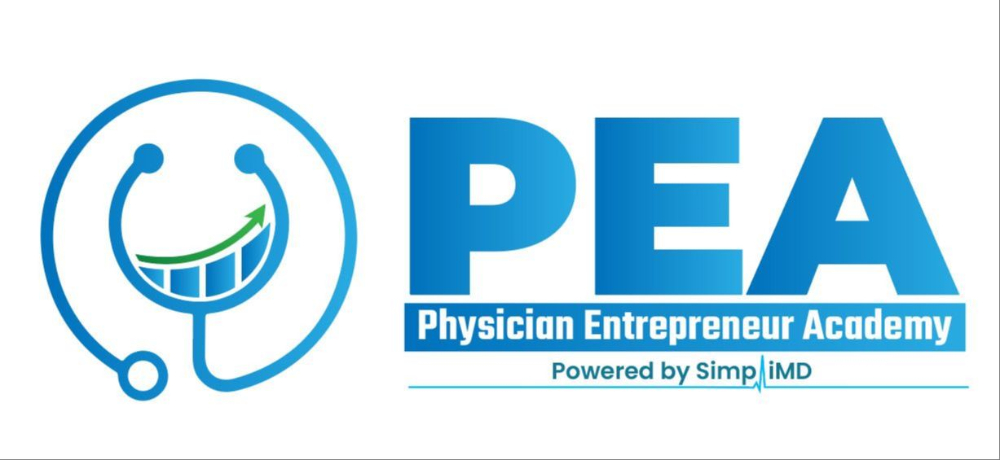Can Self-Employed Doctors Save Taxes with Lower Salaries?
Jun 07, 2024
More of you are turning towards micro-corporations as a means to gain greater control over your professional and financial life. Micro-corporations offer a unique blend of autonomy and flexibility, allowing you to manage your professional life like a small business. One pertinent question that arises for self-employed doctors operating through their micro-corporations is: Can I save on taxes by setting my self-employment lower salary?
The answer is nuanced and requires a comprehensive understanding of the tax implications and legal boundaries governing S-Corporations, which are the most common structure for micro-corporations among physicians.
Understanding S-Corporation Taxation
In an S-Corporation, the business itself does not pay income taxes. Instead, profits and losses are passed through to the shareholders (in this case, you the physician), who then report them on your personal tax returns. This structure offers significant tax advantages, particularly in terms of self-employment taxes.
If you operate your professional services or practice through an S-Corporation typically receive income in two forms: a reasonable salary and distributions. The salary is subject to payroll taxes, including Social Security and Medicare taxes, while distributions are not subject to these taxes. This distinction creates an opportunity to reduce tax liability by balancing salary and distributions effectively.
The Importance of a Reasonable Salary
The IRS mandates that S-Corporation owners must pay themselves a "reasonable" salary, which is subject to payroll taxes. This salary should reflect what the business would pay someone else to perform the same services. The IRS is vigilant about this requirement to prevent abuse of the S-Corporation structure to evade payroll taxes. Setting an unreasonably low salary to maximize distributions can trigger an IRS audit and result in significant penalties. You should work with your CPA or tax professional to make sure your salary is set an IRS compliant reasonable amount.
Tax Savings Strategy
To legally minimize tax liability, you can set a reasonable salary that accurately reflects their professional services and then take the remaining profits as distributions. This strategy leverages the tax advantage of distributions, which are not subject to Social Security and Medicare taxes, thereby reducing the overall tax burden.
Case Example 1: Dr. Smith, the Primary Care Physician
Dr. Jane Smith operates a primary care practice through her S-Corporation. She generates $300,000 in annual revenue. After deducting $100,000 in business expenses, she has $200,000 left as net income.
-
Reasonable Salary: Dr. Smith assesses that a reasonable salary for her role is $150,000, considering her workload, experience, and prevailing market rates.
-
Distributions: The remaining $50,000 can be taken as distributions.
Here's how her tax situation breaks down:
-
Salary ($150,000): Subject to federal income tax, state income tax, and payroll taxes (Social Security and Medicare).
-
Distributions ($50,000): Subject to federal and state income tax but exempt from payroll taxes.
By setting her salary at $150,000, Dr. Smith pays payroll taxes only on this amount, significantly reducing her self-employment tax liability compared to if she took the entire $200,000 as salary.
Case Example 2: Dr. Johnson, the Specialist
Dr. John Johnson is a specialist with a thriving practice. His S-Corporation generates $600,000 in annual revenue. After $200,000 in expenses, he has a net income of $400,000.
-
Reasonable Salary: Given his specialty and market conditions, Dr. Johnson determines a reasonable salary to be $300,000.
-
Distributions: The remaining $100,000 is taken as distributions.
For Dr. Johnson, the tax implications are as follows:
-
Salary ($300,000): Subject to federal income tax, state income tax, and payroll taxes.
-
Distributions ($100,000): Subject to federal and state income tax but not payroll taxes.
By taking $300,000 as a reasonable salary, Dr. Johnson benefits from a lower self-employment tax on his distributions, effectively reducing his overall tax liability.
Risks and Considerations
While setting a lower salary can offer tax savings, it's crucial to strike a balance that aligns with IRS guidelines. Physicians should:
-
Conduct Market Research: Ensure the salary aligns with industry standards for similar roles and responsibilities.
-
Document Salary Decisions: Keep thorough records justifying the salary amount, including job duties, hours worked, and market rates.
-
Consult a Tax Professional: Work with a CPA or tax advisor to ensure compliance and optimize tax strategies.
Conclusion
Self-employed doctors operating through their micro-corporations can indeed save taxes by setting a lower, reasonable salary and taking the rest as distributions. However, the strategy requires careful planning and adherence to IRS guidelines to avoid potential audits and penalties. By balancing salary and distributions prudently, physicians can enjoy the financial benefits of their micro-corporation while maintaining compliance with tax laws.
As always, consulting with a knowledgeable tax professional is essential to tailor these strategies to individual circumstances and ensure optimal tax savings.
This is a great example of the numerous opportunities that a micro-business provides for you to retain more of your income. If you want to learn more, I encourage you to sign up for the wait list for my course that will drop this summer: “Doctor, You Are A Business”
If you are looking for an accounting professional to help you get this all organized, reach out to me here for a business consult and I’ll be happy to get you connected to one of our SimpliMD network professionals.


